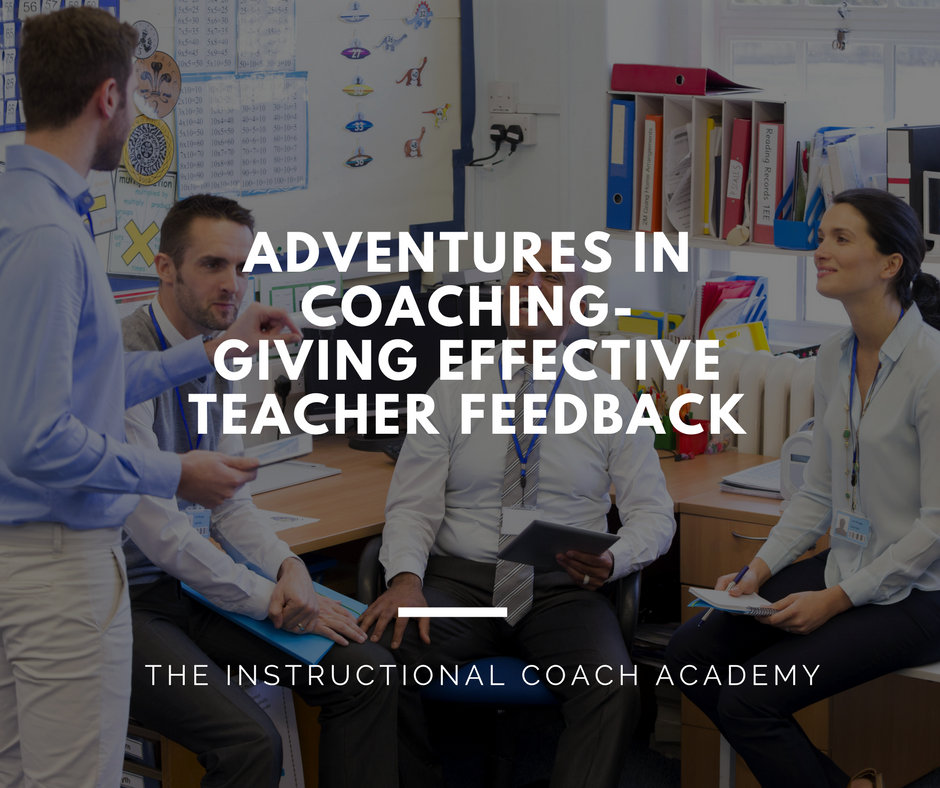Tracking Professional Development Hours with Certify’em
Tracking professional development can be a huge headache. It doesn’t have to be. A simple add-in for Google Forms can save hours of work. It is called Certify’em. Other bloggers such as Alice Keeler and Free Technology for Teachers have written about this awesome little […]




![[Instructional Coach Chronicles] Working With a Teacher You Don’t Like](https://theinstructionalcoachacademy.com/wp-content/uploads/2018/04/the-instructional-760x400.png)





